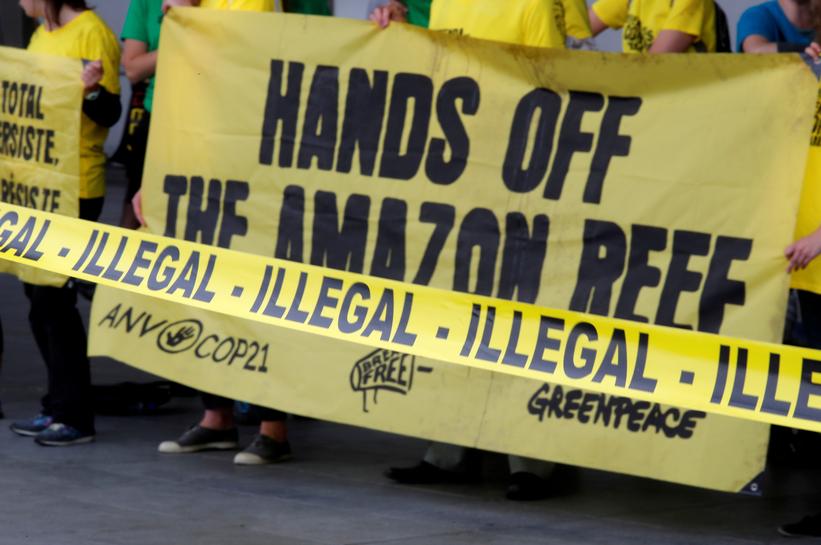Relentless pursuit of economic growth twinned with the impact of climate change has put an “unprecedented” one million species at risk of extinction, the head of a scientific panel on the loss of biodiveristy said on Sunday, ahead of a landmark report on the damage done by modern civilisation to the natural world.
Only a wide-ranging transformation of the global economic and financial system could pull ecosystems that are vital to the future of human communities worldwide back from the brink of collapse, concluded the report, which was produced by the Intergovernmental Science-Policy Platform on Biodiversity and Ecosystem Services (IPBES) and endorsed by 130 countries.
Compiled by 145 expert authors from 50 countries, the study is a cornerstone of an emerging body of research that suggests the human race may need to embrace a new “post-growth” form of economics if it is to avert the existential risks posed by the mutually-reinforcing consequences of pollution, habitat destruction and carbon emissions.
Robert Watson, a British environmental scientist who chairs the IPBES, said it would be possible to start conserving, restoring and using nature sustainably only if societies were prepared to confront “vested interests” committed to preserving the status quo.


